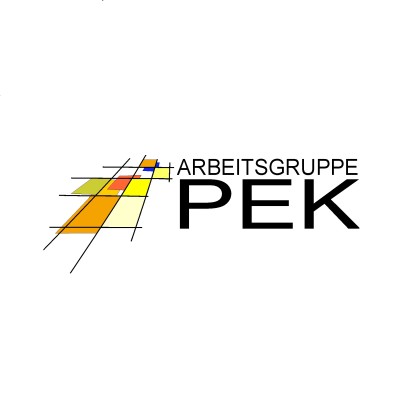New Paper: A framework for climate-adaptive geotechnical analysis and design
2025/11/14

As part of the European Large Geotechnical Institutes Platform (ELGIP), the Climate Change Adaptation working group has published a new study in collaboration with our partner institutions. The aim of the study is to develop a framework for taking climate change into account in the geotechnical analysis and planning of new and existing geostructures. Until now, climate factors have only been considered indirectly in geotechnical planning, and future climate changes have not generally been systematically taken into account.
The approach proposed in the paper addresses the growing challenges driven by climate change, such as increased precipitation, groundwater fluctuations and temperature changes, and enables a systematic assessment of the stability and adaptability of geostructures over their lifetime, such like dams or embankments. To this end, the consequences of climate change relevant to geostructures are analysed and applied as a basis for the conceptual seven-step approach, which serves as the basis for the planning, design and evaluation of geostructures.
Highlights:
- Methodological approach to climate-adapted analysis and sustainable design of geostructures
- Demonstration of the causal chain between climate change signals, effects and consequences for geostructures
- Exemplary application of the approach to a case study on slope stability
The study is the result of close international cooperation within the ELGIP working group and was intensively discussed and further developed during regular online meetings and face-to-face meetings.
The complete publication can be found here.
Authors: Alessandra Insana (Polito Torino), Marco Uzielli (University of Florence), Tamara Bračko (University of Maribor) Amirreza Pourfatollah (Polito Torino), Patrizia Vitale (NGI), Bojan Žlender (University of Maribor), Marco Barla (Polito Torino), Vittoria Capobianco (NGI), Primož Jelušič (University of Maribor), Elham Mahmoudi (Deltares), Leyla Nik (SGI), Julia-Isabelle Ruopp (TU Darmstadt), Fabien Szymkiewicz (Université Gustave Eiffel), Hauke Zachert (TU Darmstadt), Hjördis Löfroth (SGI)

